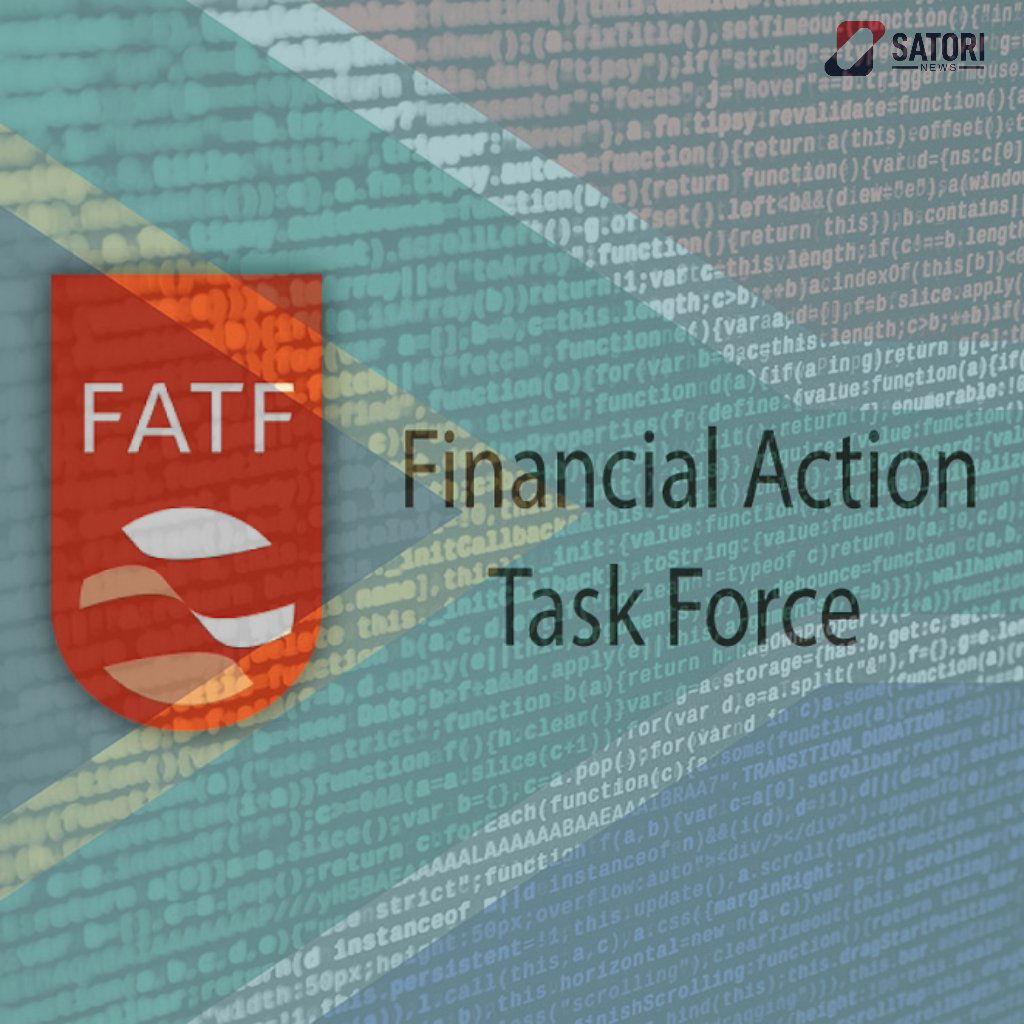Picture: for illustration purposes
Anti-Money Laundering Efforts: South Africa Battling To Get Off FATF's Grey List
South Africa continues to grapple with regulatory challenges as they work towards moving off the grey list of the Financial Action Task Force (FATF). The watchdog warns that it is paramount that the nation ramps up their efforts to effectively prosecute money laundering cases to prove their compliance with international standards.
Despite the significant efforts South Africa has made so far, it has not yet met the FATF's stringent requirements. The nation's position on the grey list indicates that there are strategic deficiencies in its ability to address money laundering and terrorist financing. This status creates a negative image on the international stage, potentially impacting the country's financial sector, foreign investment, and overall economic growth.
The FATF is a global intergovernmental body developed to combat money laundering and terrorist financing. Being on the organization's grey list signifies that a country is under increased monitoring due to these strategic deficiencies.
The South African government, conscious of these implications, has continued to introduce checks and balances to streamline its financial system, but these efforts are yet to match the FATF's standards. Key among these initiatives is the country's emphasis on strengthening its ability to not just identify but also prosecute money laundering cases effectively.
However, this serves as a call to action for South Africa not only for the sake of conformity but also in its quest to ensure financial stability, safeguard its international reputation, and secure its economy.










